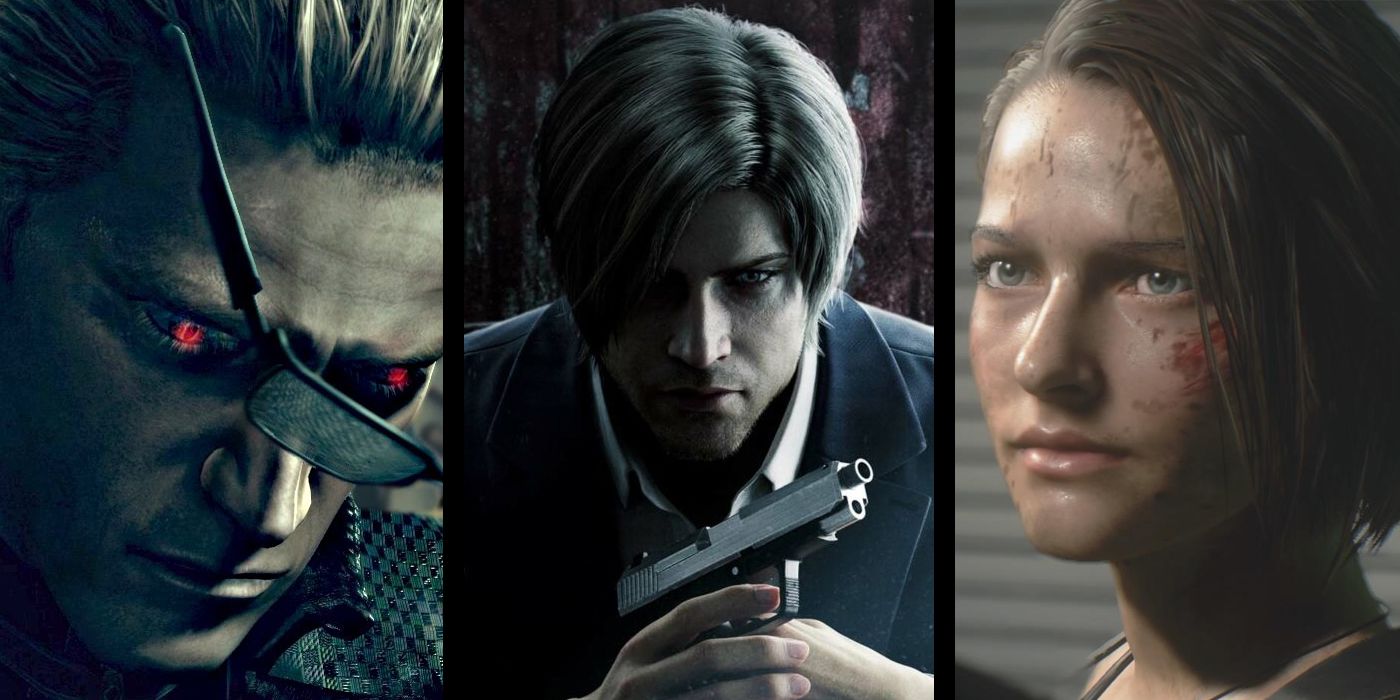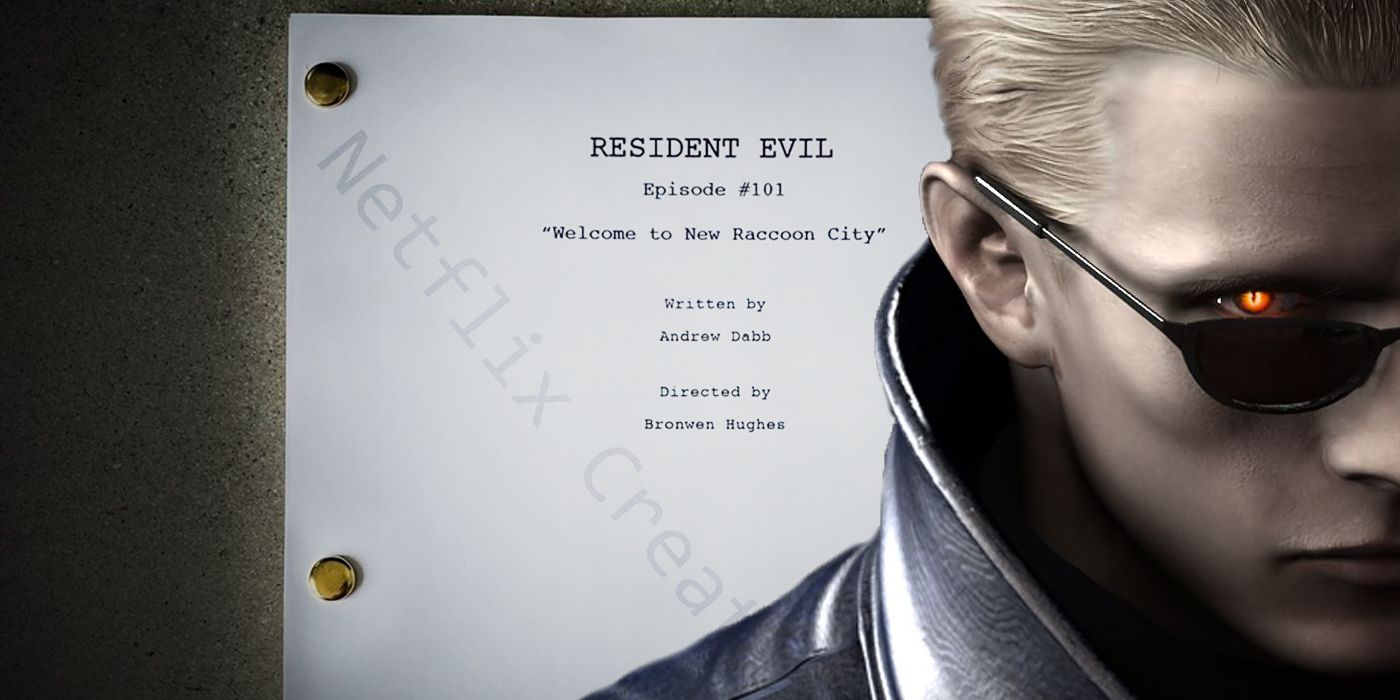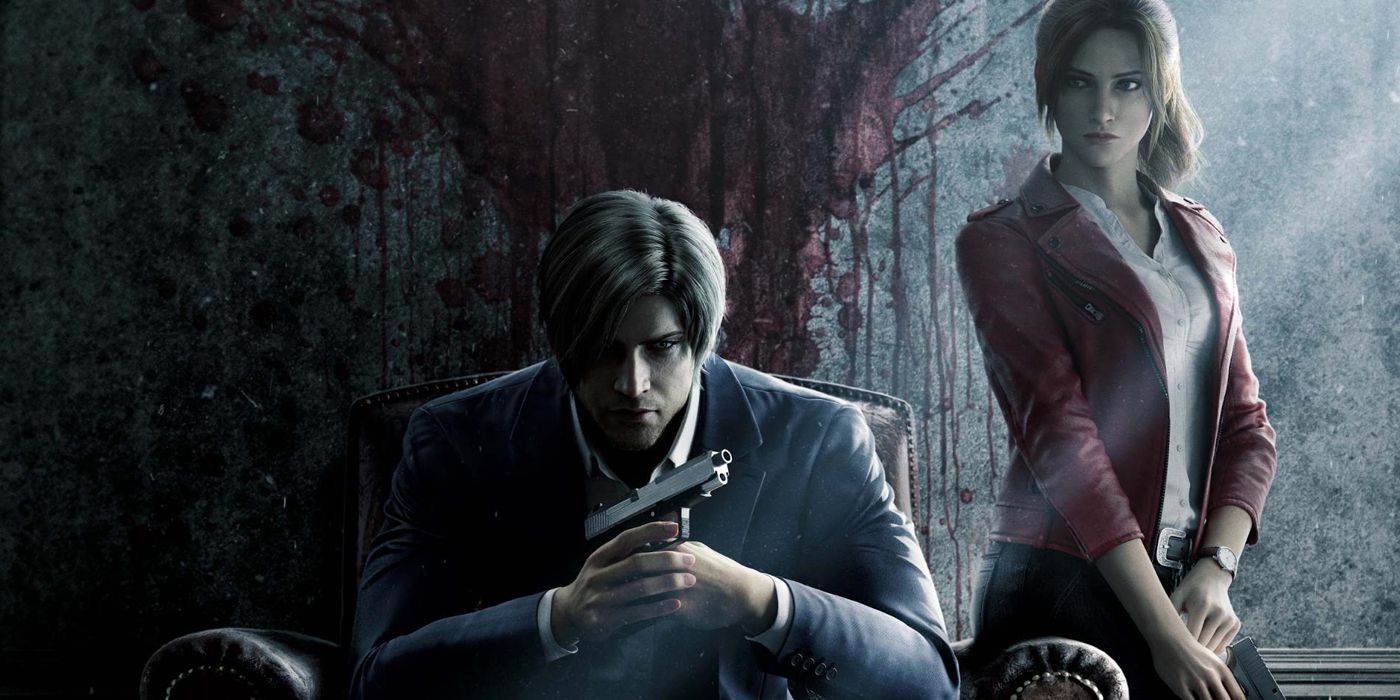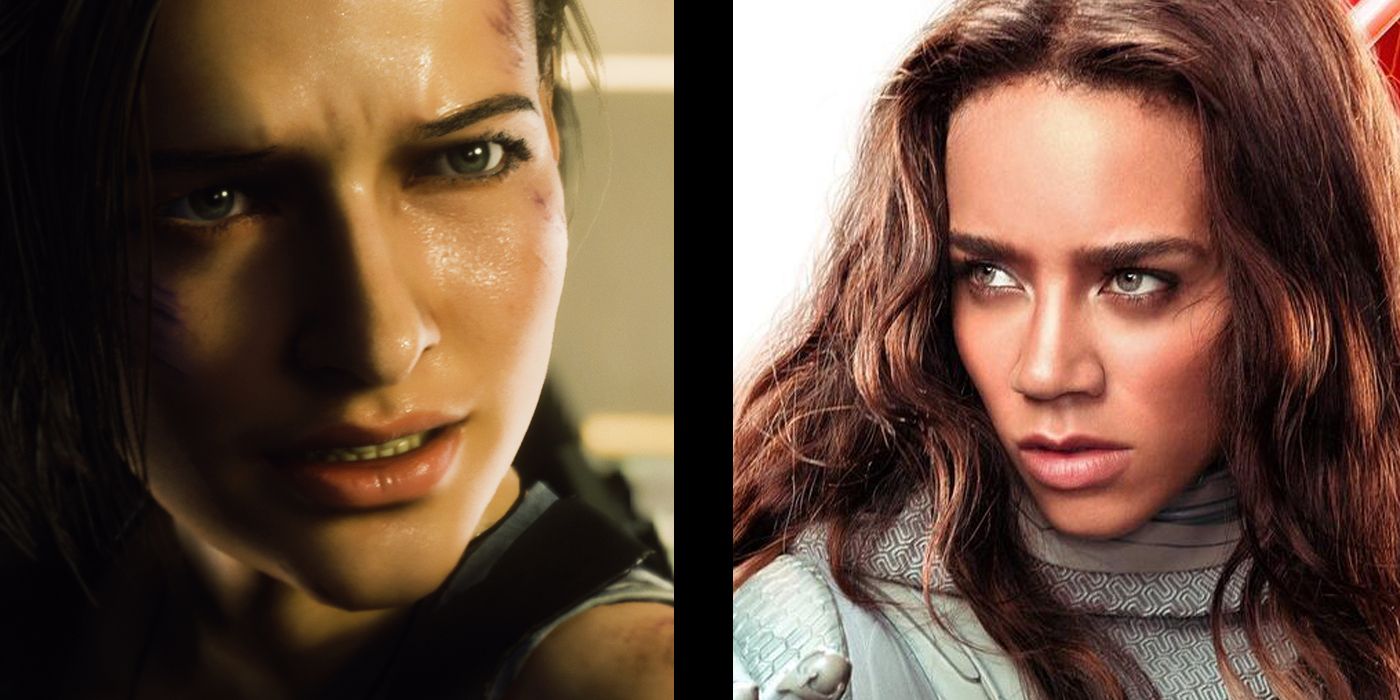“1996… I’ll never forget it.” It was the year video game publisher Capcom released Resident Evil (or Biohazard in Japan) on the original PlayStation, setting the stage for a burgeoning genre named as soon as its opening cutscene concluded: “Enter the Survival Horror.” Like a lot of games in its generation, Resident Evil based much of its production values on the film medium - specifically ground-zero zombie filmmaker George A. Romero's work - and in the 24 years since, the franchise has kept its cinematic influence near and dear. Hollywood, naturally, has taken notice, and Resident Evil has received more game-to-screen adaptations than any other video game franchise (outside of Pokémon), with three animated films and a saga of six live-action movies.
Though it was the face of its genre for over a decade, Resident Evil spent the majority of the 2010s struggling with misdirection and mismanagement, and its multimedia consequently bled out and died as general interest waned. But the one-two punch of 2017’s Resident Evil 7: Biohazard and 2019’s long-awaited remake of Resident Evil 2 has rocketed the S.T.A.R.S.-studded series to gaming glory once again. Resident Evil is back, and its resurgence has appropriately resurrected cinematic interest in the property like a hapless victim of Raccoon City’s tap water.
Three separate adaptations based on the Resident Evil franchise have been announced over the last two months, each with its own story, cast, and place on the series’ ever-twirling timeline. This article aims to distinguish them and address their connective canonicity with the core series.
Resident Evil, the Live-Action Netflix Show
A glance at the Resident Evil library demonstrates the franchise’s fascination with chronological meandering. Even though the mainline games progress naturally, RE mostly deals in prequels, remakes, or reinterpretations of stories already told. Netflix and Supernatural writer Andrew Dabb are challenging series conventions by leaping forward in time, literally turning a spotlight on the next generation of Evil.
Announced in August, the generally-titled Resident Evil stars the never-before-known daughters of fan-favorite series villain Albert Wesker. The “Wesker kids,” Billie and Jade, arrive in “New Raccoon City,” a corporatized rebuilt metropolis of Nemesis and Mr. X’s old stomping grounds. But that’s only half the tale - the series will spend just as much time sixteen years later, as Jade reaches her thirties and the world’s war on the zombifying T-virus reaches a bitter end. With humanity outnumbered by the billions, Jade must unravel - and likely grapple with - her father’s genocidal legacy.
It’s an ambitious premise, forgoing series precedent in favor of an underappreciated structural approach to episodic storytelling, alternating between two separate points in time. It also defies long-established understandings of the Umbrella corporation’s superhuman founder. Although the idea of Albert Wesker fathering children has been explored in the series - specifically Resident Evil 6 - the show appears to be taking it a step further, past purely genetic adoption and onto full-on parenthood. Since Wesker’s son has already been identified in the main games, this series will likely spin its own canon, branching into territories never explored (though not without the occasional cameo from the franchise’s finest).
Netflix's Resident Evil is currently in development.
Infinite Darkness, the Animated Netflix Show
Capcom’s “RE Engine,” the tech designed to power the latest Resident Evil titles, is arguably one of the most impressive and powerful in its industry, allowing artists and animators to build Raccoon City and the Baker house with beautifully moody lighting and outstanding character designs. The recent games’ production values are so excellent they seemingly negate any computer-generated RE media that doesn’t require a controller. Even so, Resident Evil is getting its first animated series, subtitled Infinite Darkness.
Like most Umbrella conspiracies, Infinite Darkness’ existence was leaked. A trailer featuring Claire Redfield and Leon Kennedy, the protagonists of Resident Evil 2, surfaced on Netflix Portugal’s Twitter account before its official reveal at Tokyo Game Show 2020.
Unlike the upcoming live-action series, a teaser trailer and a vague promise of “horror with a sci-fi twist” is all the information at hand, with no premise or cast outside of the two returners. Leon and Claire look a bit older than when quarantined in the Raccoon City Police Department, but to what extent is currently unknown. The pair has headlined animated Evil before - they starred in 2008’s Resident Evil: Degeneration, the first of three CG-animated films. Leon would go on to lead the next two, 2012’s Damnation and 2017’s Vendetta. Given the CG films were marketed as canonical stories in the series’ confusing chronology, it’s safe to assume Infinite Darkness will follow suit.
Resident Evil: Infinite Darkness will release in 2021.
Resident Evil, The Live-Action Reboot Movie
Believe it or not, Resident Evil cinema is a billion-dollar industry. Agent Alice’s adventures in Umbrella’s wonderland of horrors encompass the single most profitable series of video game movies in history, despite their reviled reputation among critics and fans. 2017’s The Final Chapter concluded Alice’s escapades and proved that, if nothing else, the series could successfully take up residency on Sunset Boulevard (and rumors of a Netflix follow-up in March proved Alice could migrate to streaming platforms if necessary). But if there’s one thing the many survivors of the T-virus have learned over the years, it’s that nothing ever stays dead.
Constantin Film (the German production company that has owned the rights to RE adaptations since 1997) is bringing Resident Evil back to the movies with a more traditional creative take. This new series of films will reportedly have a stronger focus on adapting the most famous games in the series, as opposed to dropping an original character into the middle of the franchise like a Tyrant in a trenchcoat. In particular, the first film will take place on a fateful night in Raccoon City and will introduce audiences to the major players under the red-and-white umbrella.
If nothing else, Constantin's lineup is proving the alleged premise accurate. The all-S.T.A.R.S. have already been cast: The Flash's Robbie Amell as Chris Redfield, The Umbrella Academy's Tom Hopper as Albert Wesker, and Hannah John-Kamen - whom Marvel Studios fans may remember as Ghost from Ant-Man and the Wasp - as the blue beret herself, Jill Valentine, among other important protagonists. With no connections to the previous movie series, Resident Evil has a second chance to do right by its franchise and transform Jill, Chris, Leon, Claire, and even Albert into cultural titans.
The Resident Evil reboot will release in 2021.




